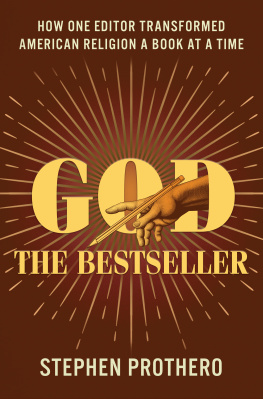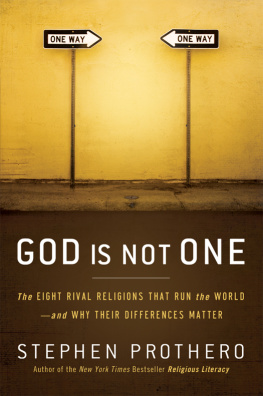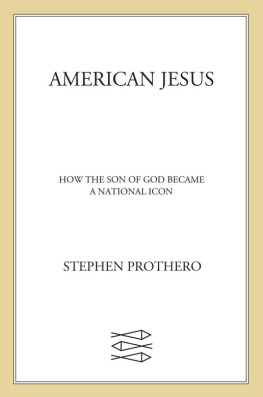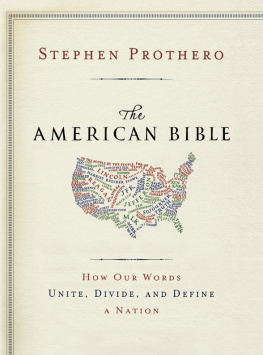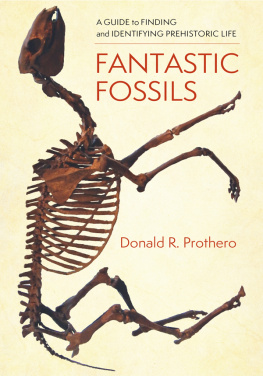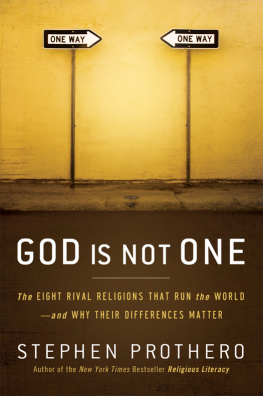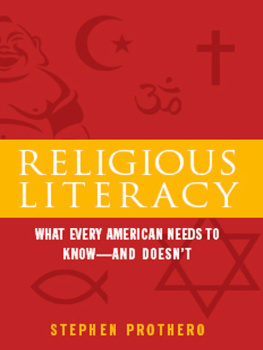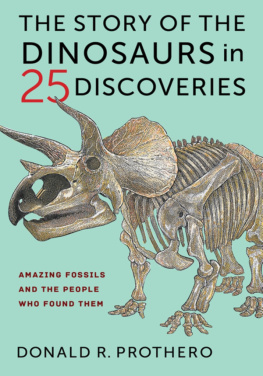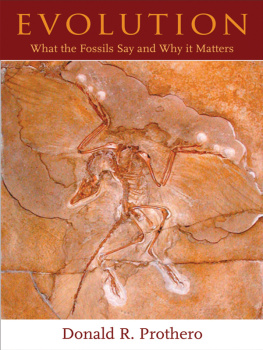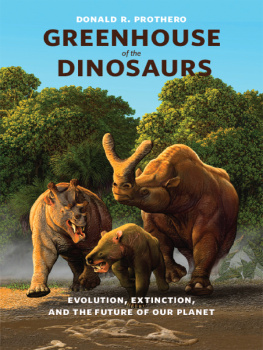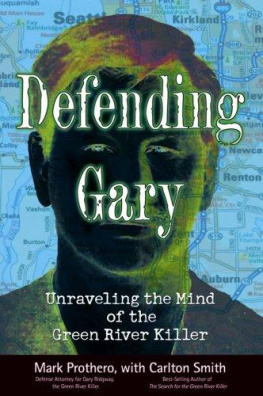Stephen Prothero - God the Bestseller
Here you can read online Stephen Prothero - God the Bestseller full text of the book (entire story) in english for free. Download pdf and epub, get meaning, cover and reviews about this ebook. year: 2022, publisher: HarperCollins, genre: Religion. Description of the work, (preface) as well as reviews are available. Best literature library LitArk.com created for fans of good reading and offers a wide selection of genres:
Romance novel
Science fiction
Adventure
Detective
Science
History
Home and family
Prose
Art
Politics
Computer
Non-fiction
Religion
Business
Children
Humor
Choose a favorite category and find really read worthwhile books. Enjoy immersion in the world of imagination, feel the emotions of the characters or learn something new for yourself, make an fascinating discovery.
- Book:God the Bestseller
- Author:
- Publisher:HarperCollins
- Genre:
- Year:2022
- Rating:4 / 5
- Favourites:Add to favourites
- Your mark:
- 80
- 1
- 2
- 3
- 4
- 5
God the Bestseller: summary, description and annotation
We offer to read an annotation, description, summary or preface (depends on what the author of the book "God the Bestseller" wrote himself). If you haven't found the necessary information about the book — write in the comments, we will try to find it.
God the Bestseller — read online for free the complete book (whole text) full work
Below is the text of the book, divided by pages. System saving the place of the last page read, allows you to conveniently read the book "God the Bestseller" online for free, without having to search again every time where you left off. Put a bookmark, and you can go to the page where you finished reading at any time.
Font size:
Interval:
Bookmark:
To the memory of my father,
S. Richard Prothero
Have you ever considered what a sacred thing a book is?
EUGENE EXMAN
At a Labor Day gathering in 2013, an elderly woman with a wide smile and brown hair parted in the middle approached me and asked if I would come to her house to look at her late fathers library of religious books. I had gotten similar requests beforemany people in New England have a lot of theology booksand I usually ignored them. I ignored this request, too, but for some reason it nagged at me. Her house was in Barnstable Village on Cape Cod just five minutes from mine, and she was an acquaintance of my mother. Why not follow up?
When I finally called, this woman, Judy Kaess, told me that her son had just died unexpectedly, and I should try another day. When I checked back a month or two later, Judys husband, Dr. Walter Kaess, told me that she had died of cancer. Despite these dual tragedies, Walter called me back a few weeks later and invited me over.
The family home, a large white colonial revival built in 1820, faces Route 6A, otherwise known as Old Kings Highway, just a mile west of the Barnstable County courthouse, which marks the center of Barnstable Village. Out back is a large barn and a greenhouse that serves a terraced garden whose grapevines, blueberry bushes, and roses do not suffer for lack of attention. Beyond the backyard a walking path winds through ten acres of woods to Barnstable Harbor. When I finally arrived at the house in the spring of 2014, Walter greeted me with a slight German accent and an easy smile I never could have managed so soon after attending to so much death. A handsome seventy-something retired general surgeon, Walter projected a combination of calm and competence you might well trust with your life. But I was there to see books, and I was hoping to be in and out in one hour max.
Ushering me into a large library fronting Route 6A, Walter invited me to look around. Floor-to-ceiling bookshelves filled two walls, with antique furniture scattered about as an afterthought. I dutifully gravitated to the religion books, expecting to find tomes by dead White men of no interest to me and less interest to booksellers. To my surprise, almost everything was more recent, from a decade or two before or after World War II.
The first book that called out to me was a first edition of Stride Toward Freedom (1958) by the Reverend Dr. Martin Luther King Jr. Inside I found a handwritten letter from Kings wife, Coretta Scott King, thanking Mr. Exman for giving her his own first edition of a later Dr. King book. I appreciated so much your gracious inscription which brought back pleasant memories of your visit with us many years ago now, she wrote. One shelf down was Mrs. Kings autobiography, inscribed to Eugene Exman, who possesses a beautiful and unselfish spirit, and in appreciation for your contribution to the cause of justice, peace and brotherhood. I felt my heart racing. Who was this Mr. Eugene Exman and how did he come to know the Kings?
The Living of These Days (1956), an autobiography by the renowned liberal Protestant preacher Harry Emerson Fosdick, also caught my eye. I knew Fosdick, who pastored Manhattans massive Riverside Church in the 1930s and 1940s, from my graduate school studies in US religious history, where my adviser, Professor William Hutchison, specialized in Protestant modernism in the United States. This was another first edition (I checked), and it yielded a handful of signed cards and letters. A Christmas card featured a sepia-tone photo of Fosdick and his wife standing on a dock next to a wooden motorboat with the ocean behind them. In a postcard, Fosdick marveled at the sales of his On Being a Real Person (1943): Am I right in thinking that its distribution is around 250,000 copies? That ought to make good propagandaif true. Already the visit was more than worth it, and I was kicking myself for not coming sooner.
Alongside translations of The World of Albert Schweitzer (1955)in French, German, Swedish, and JapaneseI found a framed photograph of a man Walter identified as his father-in-law alongside the missionary, organist, and medical doctor Albert Schweitzer, both in suits and ties in Aspen, Colorado. Exman was beaming. Schweitzer was looking more dourly old European, with (I would later learn) a touch of altitude sickness. There were a dozen or so books by the English novelist Aldous Huxley, including Brave New World (1932), which made him famous, and The Perennial Philosophy (1945), which located a single ancient wisdom tradition underlying all the worlds religions. One had a friendly note from Huxley tipped in.
As I was struggling to choose which book to explore next, my eyes fell on a copy of Alcoholics Anonymous, more popularly known as the Big Book. It was signed and inscribed by the author, one of AAs cofounders, Bill Wilson: For Genetreasured friend whose good works mean so much to me, and to so many. Gratefully, Bill. Next to it, in Alcoholics Anonymous Comes of Age (1957), Wilson expressed his gratitude for all that you have done to make AA what it is.
Who was this extraordinary personI was already thinking of him as Mr. X-Manwho had somehow befriended not only an AA founder but also one of the most important twentieth-century British novelists, one of the most revered twentieth-century American preachers, and two Nobel Peace Prize winners?
As I sat with these questions, I continued to wonder why I was there. After a few minutes of silence unrelieved by awkward banter, I pulled AAs Big Book off the shelf and told Walter it was rare and important, probably worth at least a few thousand dollars. We dont want to sell them, he responded firmly. Judy had contacted me, he explained, because her father had been a religion editor in Manhattan for many years, and she wanted to find an appropriate resting place for his booksa university, perhaps, that might keep the collection together to honor his legacy. Now that Judy was gone, Walter said, he felt that responsibility himself. When I asked about his father-in-laws work, Walter explained that he and Judy had met in Vienna a year after Exman retired to the Cape in 1965, so he didnt know much about his career.
As I returned to the books and their enclosed surprises, my historians instincts kicked in. Do you have any of his papers? I asked. Walter rolled his eyes, tipped his head back, and chuckled. He was a pack rat, he said. Nobody in the Exman family ever threw anything away.
He led me downstairs.
In a dark, cobwebby corner underneath the creaky basement stairs sat a single filing cabinet, green metal with four drawers. Opening one at random, I found manila file folders organized by year: 1965, 1966, and so on. In one folder I found letters exchanged between Exman and the Episcopal bishop James Pike, who was tried three times for heresy by the Episcopal Church.
It had been hours since the annoyance I had felt as I pulled up to the house was driven out by curiosity and excitement. My time for this visit was over, but I knew I would be back. As I returned the file to its proper drawer, I felt an urgency to learn more about this man whom I had somehow never heard of and to integrate his story into the stories of religion in the United States I had been teaching and writing about for years.
After my short drive home, I took an online crash course on Eugene Exman. On Boston Universitys website, I found a chapter on him in an award-winning book by the University of Virginia historian Matthew Hedstrom. There I learned that Exman had run the religious book department at Harper & Brothers (later Harper & Row) from 1928 until 1965, and had traveled to Montgomery, Alabama, early in the civil rights movement to convince King to write his first book. The thousands of books he published over five decades at Harper included both scholarly books in theology and religious studies and more popular books on mysticism and Asian religions. He had a hand in hundreds of bestsellers, including these titles later honored among the 100 Best Spiritual Books of the 20th Century:
Font size:
Interval:
Bookmark:
Similar books «God the Bestseller»
Look at similar books to God the Bestseller. We have selected literature similar in name and meaning in the hope of providing readers with more options to find new, interesting, not yet read works.
Discussion, reviews of the book God the Bestseller and just readers' own opinions. Leave your comments, write what you think about the work, its meaning or the main characters. Specify what exactly you liked and what you didn't like, and why you think so.

